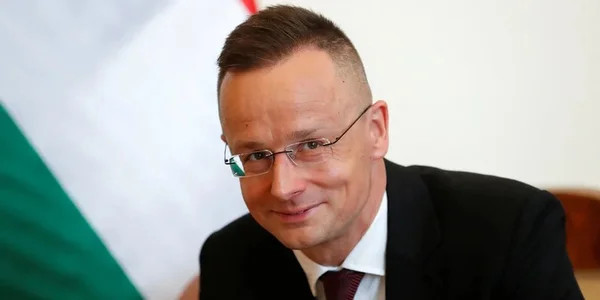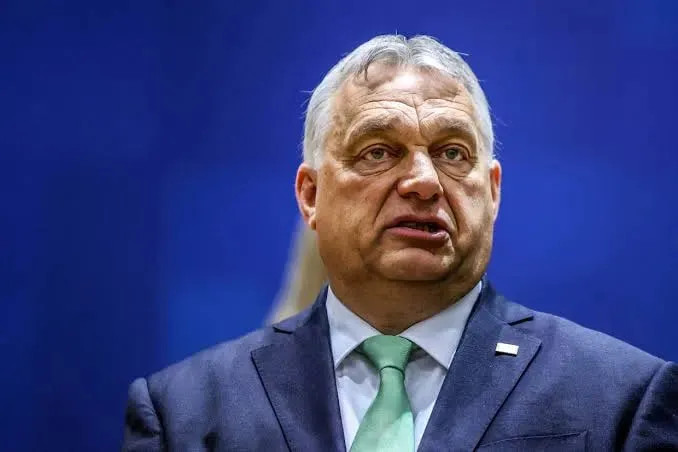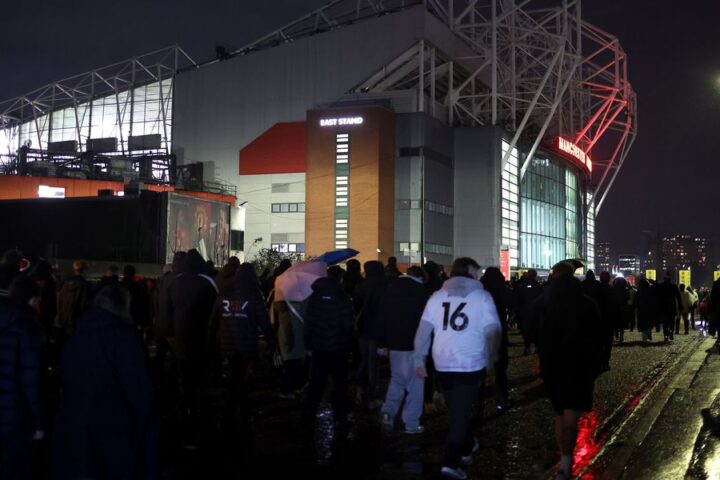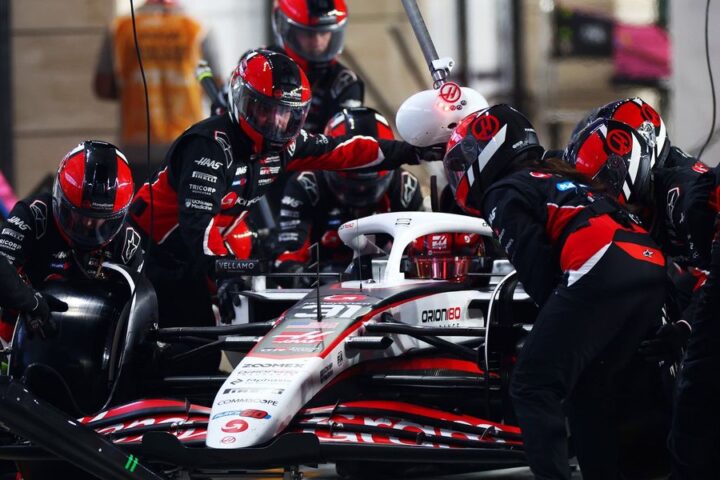Family confirms year-long stay in the United States for studies
In late August, Hungarian outlets reported that Prime Minister Viktor Orbán’s daughter, Ráhel, her husband István Tiborcz, and their children will spend the 2025/2026 year in the United States. After opposition politician Péter Magyar (TISZA) posted about the family’s departure from Milan, Tiborcz’s BDPST Group confirmed the relocation, citing Ráhel Orbán’s university studies. In July, she wrote on social media that she had “dreamed of studying in the U.S. for fifteen years,” completed a summer term at Boston University, received an admission letter from an American institution, and planned an August move.
Private choice clashes with Orbán’s anti-emigration message
The decision contrasts with Viktor Orbán’s years of urging Hungarians to work and build a “national” economy at home, raise families, and avoid reliance on immigration. His Fidesz party has repeatedly framed the “right choice” for youth as building careers in Hungary; in 2015 the government launched “Gyere haza, fiatal!” (“Come home, young!”) with travel subsidies, monthly support and job placement assistance. The partial family move to the U.S. sits uneasily alongside that public stance, highlighting a gap between policy messaging and private practice.
Political backdrop: EU frictions and war rhetoric
Orbán has cultivated an image as a critic of “Western errors,” clashing with Brussels on rule-of-law issues and offering contentious views on Russia’s war against Ukraine. In August 2025 he said “Russia has already won the war,” questioned Ukraine’s EU path, and argued against supplying weapons to Kyiv. Budapest had previously tried to block the EU’s multi-year €50 billion Ukraine assistance package, which was unlocked only after a compromise at the 1 February 2024 summit.
Business calculus: BDPST footprint and diversification logic
Tiborcz ranks among Hungary’s wealthiest businessmen, with 2025 domestic estimates around 188 billion forints and international business press placing his wealth at roughly €500 million. His core asset is BDPST Group, a holding focused on real estate, hotels and tourism, including flagship Budapest projects such as Gellért and Dorothea. Media reviews have noted networks of asset-management foundations linked indirectly to the businessman, while BDPST disputes mechanically adding foundation assets to any personal net-worth tally. Tiborcz has said that even if the family moved with Ráhel to the U.S., BDPST would “continue to operate,” aligning with a standard big-business logic of accessing Western jurisdictions for property-rights protection, banking compliance and political-risk diversification.
Rising political risk ahead of 2026 elections
After the 2024 European Parliament elections, in which TISZA rapidly expanded its influence, Fidesz’s dominance looks less certain heading into the 2026 parliamentary race. Hungary has faced EU criticism for years; parts of EU funding remain in question, and OLAF reports have recorded serious irregularities in projects tied to figures around the government. Should power dynamics shift after 2026, parliamentary inquiries, re-audits of major contracts and coordination with EU institutions are likely, raising sensitive questions about public-procurement practices. Against that backdrop, a “study year” in the U.S., potential re-registration of processes in Western jurisdictions, asset shielding via foundations and trusts, and alternative payment channels read as pre-planned hedges rather than a purely private education choice.
Implications: hedge, not just higher education
The move resembles patterns observed among elites who publicly criticize the West while privately integrating into its educational and property ecosystems. In this reading, the Orbán–Tiborcz plan looks less like a personal schooling decision and more like a strategy to minimize exposure should political and legal winds shift. For Hungarian society and Brussels, the episode underscores a longstanding tension between public narratives and private risk management—and raises the prospect that any eventual reckoning will unfold not in hotel lobbies but in courtrooms.













